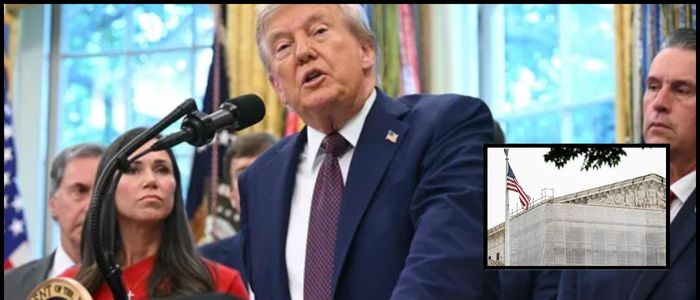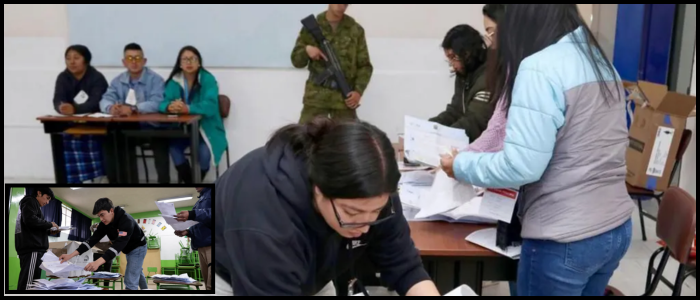The Conflict of Executive Authority
Last week, the U.S. Court of Appeals for the Federal Circuit decided 7-4 that it had found Trump had extended his executive authority by levying tariffs relying on the International Emergency Economic Powers Act (IEEPA).
The court noted that the setting of tariffs is "a core Congressional authority" and "an authority residing with the president."
The Trump Administration referred to IEEPA in April and declared that due to trade imbalances that constituted an "economic emergency," the president had the authority to levy tariffs that he said were threatening U.S. manufacturing and national security.
The administration filed their petition to the Supreme Court on late Wednesday and requested that Justices act on the petition expeditiously.
In the filing, Solicitor General John Sauer cited in the appeal that the lower court's "error" with this decision is not only destabilizing trade negotiations but also casts a heated fog over the President's ability to protect the nation from an economic and foreign policy crisis.
Legal and Economic Impact
If the Supreme Court does not agree to hear the case, the ruling of the appellate court will go into effect on October 14. This could eliminate Trump's tariff system that included a baseline 10% tariff as well as "reciprocal" tariffs designed to equalize trade imbalances for over 90 countries.
The appellate court found the tariffs on Canada, Mexico, and China to be unlawful, despite Trump's remarks that they were necessary to stem drug imports and distribution in the U.S. However, the duties on steel and aluminum, based upon a president's authority, remain untouched.
Small businesses and state coalitions have filed lawsuits challenging the tariffs, claiming these tariffs wreaked havoc serious damage to businesses. Jeffrey Schwab of Liberty Justice Center, representing some of the small business claims, articulated that the tariffs are threatening to their survival and expressed confidence that the lawsuits would eventually lead to the tariffs getting struck down eventually.
Previously, the Court of International Trade out of New York also ruled that the tariffs are illegal, and the court stayed that ruling based on appeal, and now the Supreme Court will make a momentous decision whether to endorse limits on presidential economic powers or justify Trump's expansive interpretation of his executive power.
World

Trump Appeals Supreme Court Over Tariff Ruling

President Donald Trump is taking his case over sweeping tariffs to the Supreme Court of the United States after a federal appeals court determined that many of those tariffs were illegal. The decision in this case could redefine Trump's economic and foreign policy agenda and may also require the US government to refund billions of dollars paid to the government from these tariffs.















